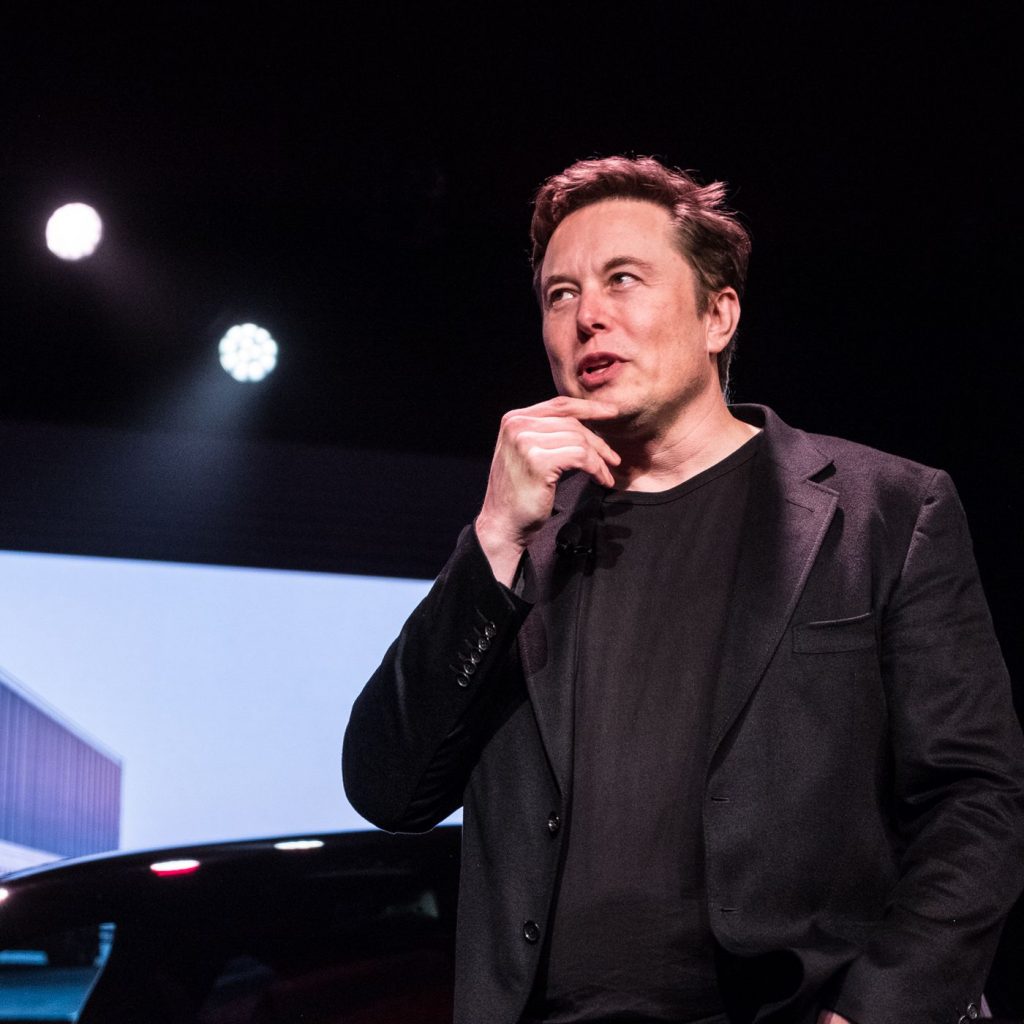Financial Times has reported that the head of the European Space Agency (ESA) has asked European policymakers to cease enabling Elon Musk’s aim to dominate the new space economy, warning that the billionaire was “creating the rules” himself due to a lack of coordinated action.
According to Josef Aschbacher, the new director-general of the European Space Agency, Europe’s willingness to assist in the rapid expansion of Elon Musk’s Starlink satellite broadband service risks impeding the region’s own enterprises from realizing the commercial potential of space.
Speaking with Financial Times in an interview, he maintained that “Space will be much more restrictive [in terms of] frequencies and orbital slots, the governments of Europe collectively should have an interest to?.?.?.?give European providers equal opportunities to play on a fair market.”
Germany has applied to the International Telecommunication Union, which coordinates the use of wireless frequencies for data transmission, for Starlink spectrum for around 40,000 satellites. Musk has already received approval from US regulators for over 30,000 satellites.
Musk indicated earlier this year that his own rocket company, SpaceX, was willing to spend up to $30 billion to expand Starlink. Starlink and OneWeb, which is sponsored by the UK government, are spearheading a race to launch constellations of hundreds or perhaps thousands of satellites in low earth orbit (LEO) to bring broadband to areas that are difficult to access by cable.
Both the Chinese government and Amazon’s Project Kuiper plan to build their own LEO constellations in the near future. A new generation of space enterprises is trying to supply commercial services from LEO, such as earth observation, thanks to dropping launch costs and cheaper satellites.
Concerns about the lack of a worldwide space traffic management system for low earth orbit, an area of up to 2,000 kilometers above the earth where most new commercial services are planned, have grown as a result of the rush to exploit the promise of commercial space.
According to the Satellite Industry Association, more than 100,000 commercial spacecraft could be in orbit by 2029.
Musk, in particular, has been chastised by astronomers and competitors for the speed with which he is expanding. His SpaceX rocket business launched more than 100 satellites every month this year, with nearly 2,000 in low earth orbit.
Astronomers are concerned that a large number of satellites will interfere with ground-based telescopes, potentially affecting “the appearance of the night sky for stargazers around the world.”

